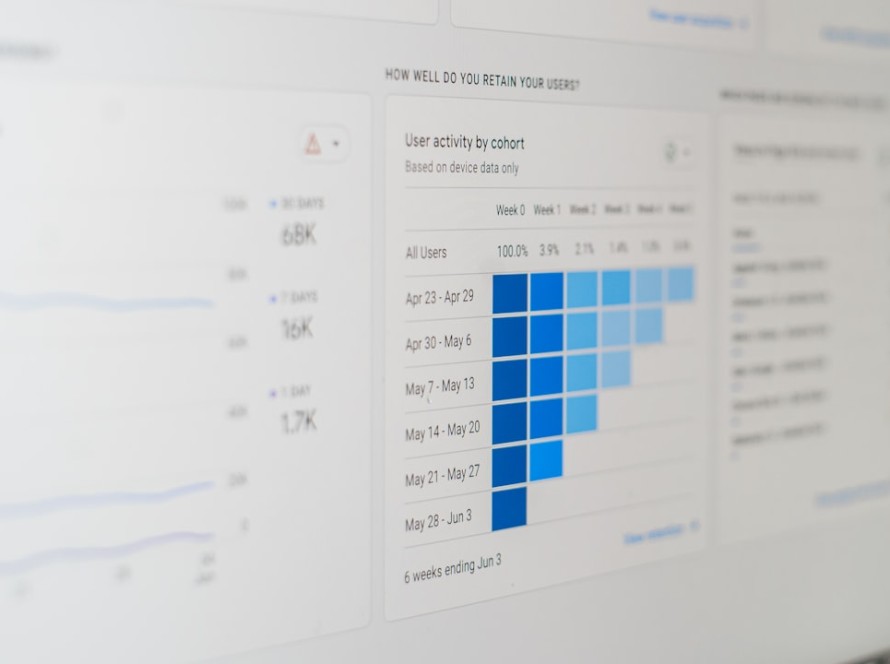Introduction
Effective accounts payable management is crucial for maximizing cash flow and maintaining financial health. Accounts payable (AP) represents the amount of money owed to suppliers or creditors for products and services purchased on credit. An accounts payable report is a comprehensive record of these obligations, detailing invoice dates, due dates, and amounts due. This report is essential for managing a company’s short-term liabilities and is a critical component of financial statements.
Understanding Your Financial Obligations
An accounts payable report is vital for understanding your company’s financial commitments. It includes all invoices that need to be paid, keeping track of what you owe, to whom, and by when. This report provides a clear view of your upcoming financial responsibilities, which is essential for maintaining an accurate picture of your company’s financial health. Regularly examining this report helps you avoid missing payments and ensures you stay on top of your bills.
Leveraging an AI business advisor can also streamline the process by automating invoice tracking and providing insights into your financial obligations, allowing for better decision-making.
Managing Cash Flow
Effective cash flow management is essential for any firm, and an accounts payable report plays a crucial role in that process. Knowing exactly when payments are due allows you to manage your monetary requirements properly. This aids in making sound decisions regarding when to pay suppliers, when to incur new expenses, and when to cut back on spending. A well-maintained accounts payable report enables you to prioritize payments based on their urgency and impact on your company, ensuring that you have enough cash on hand to meet your most pressing obligations.
Engaging in business process consulting can further enhance your cash flow management strategies, offering insights and methods to optimize your accounts payable process.
Maintaining Supplier Relationships
Timely payments are essential for maintaining excellent supplier relationships. By consistently paying your invoices on time, you exhibit dependability and foster trust with your suppliers. An accounts payable report can help you avoid late payments and the resulting penalties or ruined relationships. It also puts you in a position to potentially negotiate better terms or discounts with suppliers, who may be more likely to offer favorable terms to a consistent and punctual payer.
Effective accounts payable management can be a part of your broader business scaling strategies, ensuring that your business remains financially stable and maintains strong supplier relationships as it grows.
Mastering Accounts Payable Reporting in Simple Steps
Creating and maintaining an accounts payable report is critical for controlling your company’s cash flow and fostering positive relationships with suppliers. Here’s a step-by-step tutorial to assist you with the process:
Gather All Invoices
Begin by gathering all invoices that your company has received from suppliers. Ensure you have a physical or digital copy of all invoices, including those sent via email or postal mail. To produce an accurate and comprehensive accounts payable report, you must have a complete set of invoices.
Categorize Invoices
Once you have all of the invoices, categorize them according to various criteria such as supplier, type of expense, due date, and payment terms. This categorization will allow you to better prioritize payments and manage cash flow. It also makes it easier to track spending for individual projects or divisions in your organization.
Record Invoices in the Report
Your accounts payable report should be updated regularly. Mark each invoice as paid in the report and ensure the payment is recorded in your accounting software. Regular updates will provide you with a real-time perspective of your company’s financial responsibilities, allowing you to better manage your cash flow.
Review and Reconcile
Periodically review your accounts payable report and reconcile it with your bank and supplier statements. This will allow you to identify any anomalies, such as missed from the categories like financial reporting for SMBs and business process consulting services.

Mastering Accounts Payable: Strategic Insights and Decision-Making
Identifying Trends
When reviewing the accounts payable report, look for patterns in payment cycles and supplier behavior. Are there any periods of the year when your payables rise due to seasonal inventory requirements? Do some vendors frequently offer early payment discounts that you don’t take advantage of? Identifying these trends allows you to better estimate your cash flow requirements and make informed purchasing decisions. Furthermore, identifying trends in supplier pricing can alert you to inflationary pressures or opportunities to renegotiate contract terms.
Anticipating Future Expenses
Your accounts payable report contains a wealth of information for projecting future spending. Reviewing past data allows you to estimate the costs of goods and services for future periods. This foresight enables you to set aside appropriate funds, preventing cash flow problems. It also aids in budgeting and financial planning, ensuring that significant payments do not catch you off guard and disrupt business operations.
Negotiating Better Terms with Suppliers
Armed with the information from your accounts payable report, you can negotiate with suppliers from a position of strength. If you routinely make on-time payments, you may be able to negotiate longer payment terms or early payment discounts. Conversely, if you notice that specific suppliers’ terms frequently strain your cash flow, it may be time to seek better terms or consider new vendors.
Improving Overall Financial Management
The accounts payable report is more than just a list of bills to be paid; it is a strategic tool for overseeing your company’s finances. Use the report to improve your payment operations, such as consolidating payments to save transaction costs or scheduling payments to maximize cash flow. Regularly reviewing this report can also help prevent fraud by detecting inconsistencies or unauthorized purchases.
By focusing on accounts payable management, you can enhance your company’s financial health, improve supplier relationships, and ensure efficient cash flow management. Make your accounts payable report a priority and reap the benefits of a well-organized and strategically managed financial operation. Integrating services like Bookkeeping Services Miami and utilizing insights from business process consulting can further optimize your approach, while tools from AI business advisors and techniques from business scaling strategies can provide a comprehensive framework for success.
Takeaways and Action Items
A strategic cost reduction approach is crucial for small businesses to boost profitability and competitive edge. It’s about optimizing operations for financial stability and sustainability. By reallocating resources, businesses can focus on growth, innovation, and competitive pricing without sacrificing quality. This strategy not only saves money but also strengthens market position and customer value.
The dynamic business landscape demands regular updates to cost reduction strategies to align with market conditions and tech advancements. Annual reassessments ensure effectiveness, uncover new savings, and phase out outdated practices. A culture of cost-consciousness and tech efficiency keeps operations lean, financially healthy, and growth-ready. Continuous cost reduction efforts are crucial for long-term success and financial resilience.
| ✳️Set Up a Review Calendar. ✳️Prepare Your Review Materials in Advance ✳️Analyze and Take Action | |
| ✳️Analyze Payment Histories and Accounts Payable Reports ✳️Prepare a Negotiation Strategy ✳️Schedule Meetings with Suppliers | |
| ✳️Research and Select Accounting Software ✳️Implement and Integrate the Software ✳️Train Your Team and Monitor Progress | |
| ✳️Identify Critical Suppliers ✳️Assess Payment Terms and Historical Data ✳️Implement and Communicate the Priority System | |
| ✳️Integrate AP Data into Financial Models ✳️Analyze Spending Patterns and Trends ✳️Review and Refine Forecasts Regularly |

